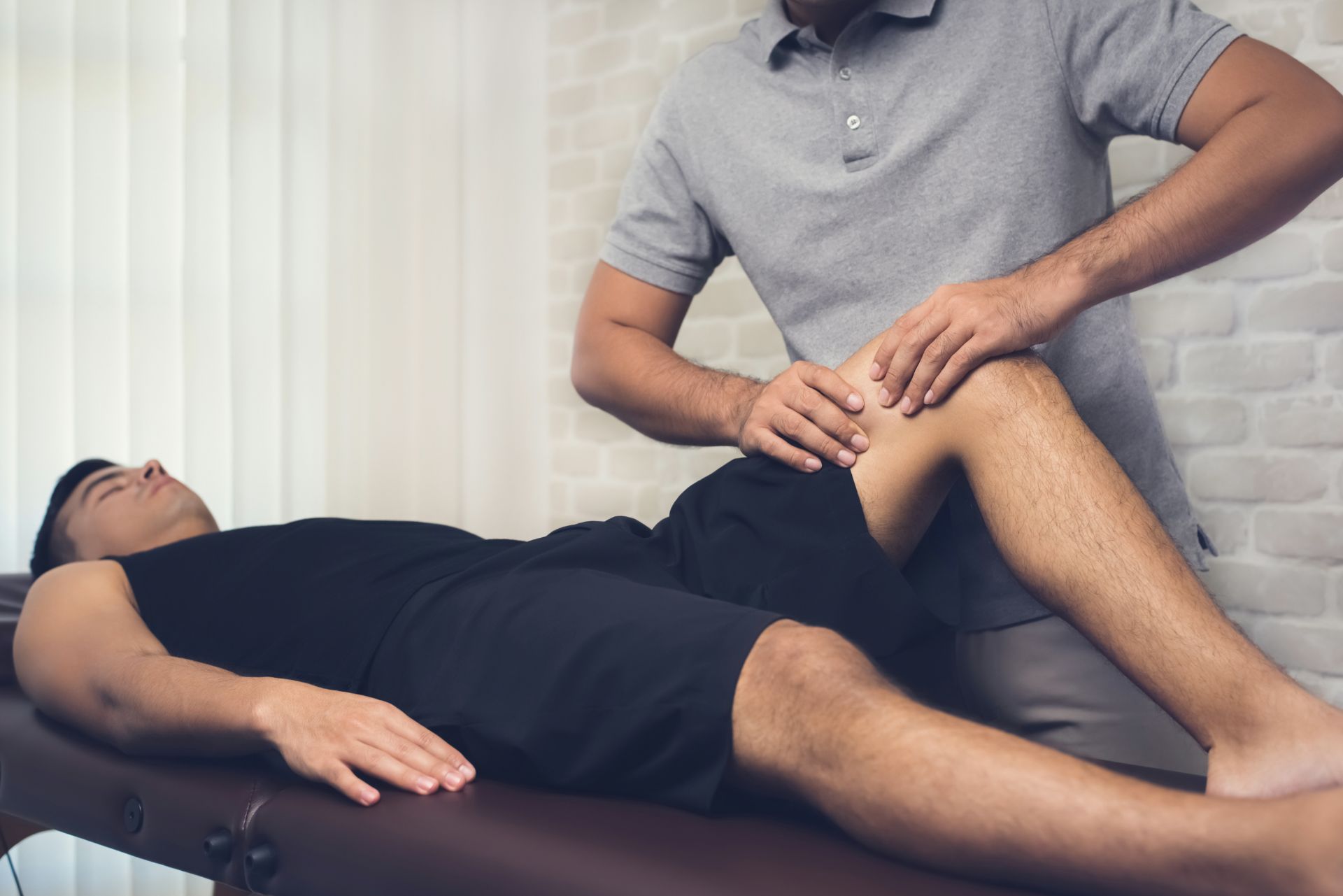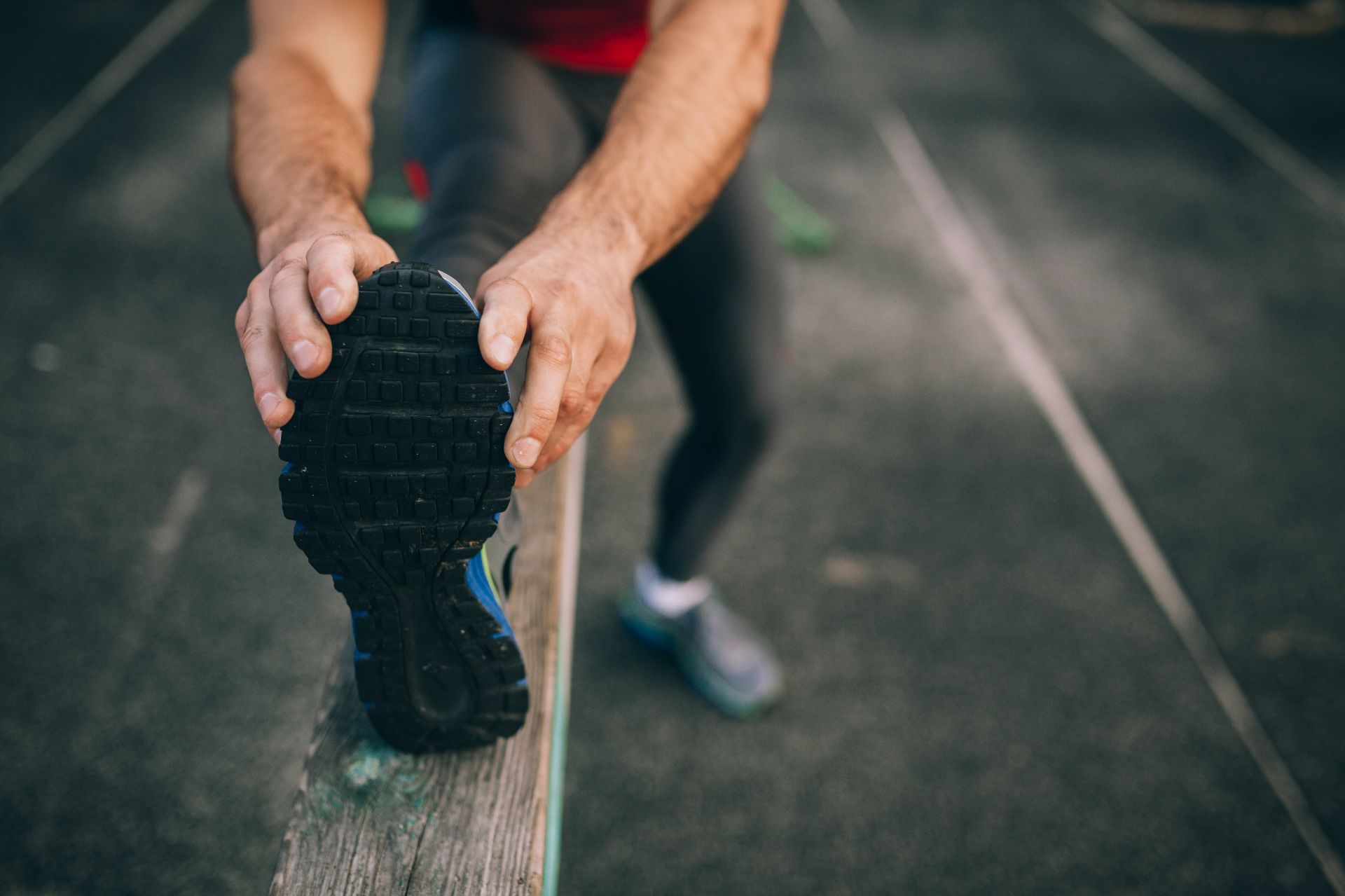Rugby is one of the most popular professional and recreational team sports in the United Kingdom, with Rugby Union and Rugby League being their major leagues. With the 6 Nations tournament starting, World Cup fever picking up steam, and the premiership and amateur rugby seasons in full swing, Rugby players and fans alike are currently immersed in the sport. However, according to researchers from Durham University, professional rugby players sustain an average of 1.6 injuries per season for 24.3 years in their careers.
Its players will experience high chances of injuries due to frequent physical contact, making recovery a vital aspect of the sport. A proper rugby injury recovery plan will help boost the body’s healing capabilities and prevent injuries from worsening.
Read on as we list down eight recovery methods to help you in your rehabilitation.
Cryotherapy
Cryotherapy involves lowering tissue temperature, which decreases metabolic rate, inflammation, and blood flow. It has been used to reduce swelling and as a treatment for pain. You can do this at home through ice packs, ice massage, ethyl chloride, or cold-water immersion.
Compression
Think of compression garments like a massage and heat therapy in one. When used while working out, it increases blood flow and oxygen levels, helping you feel less fatigued. After a workout, it helps promote faster healing and decreases the potential for soreness. The external pressure will reduce the fluid outflow from the muscle’s capillaries, minimizing hemorrhage and hematoma formation.
Its popularity also means it’s more accessible since most pharmacies and drugstore chains now carry compression gear.
Massage
Athletes use massages to prepare for exercise and speed up recovery from training or competition. It also allows you to reduce inflammation and pain by 30% effectively. Although some studies vary in recovery results for injuries, many believe that it’s greatest benefit is to one’s mental well-being as it helps one relax and be rejuvenated.

Stretching
Stretching has been a technique used to reduce risks of injury and increase the range of motion around the joints. While there’s still some discussion around the necessity of stretching before working out, experts agree that post-workout stretches are crucial to reduce the symptoms of muscle damage.
An athletic training journal has shown that muscle pain was reduced by 2% because of stretching 72 hours after the exercise.

Sleep
Research has shown that athletes need at least seven to nine hours of sleep. It improves metabolism, skin nourishment, strengthens the skeletal system, blood circulation, and repairs brain cells. You can take “power naps” before a game to improve alertness, mood, perception and cognitive function.
Nutrition Intake
Immediate rehydration and refuelling allow the body to recover the nutrients, particularly glycogen, that the muscles lose during an exercise. Reduced glycogen can cause faster fatigue and low endurance during an exercise.
You can recover more easily when you fuel yourself with a good mix of carbohydrates and protein after a game to immediately restore the loss of glycogen in your muscles.

Active Recovery
Active recovery helps reduce pain and muscle stiffness after a rugby game. Professional athletes attain this through their training programmes before each game. You can actively recover through low-intensity exercises like jogging and biking, as long as it does not induce fatigue.
Relaxation
Another way to recover from an intense rugby game is by taking a break. Activities that ease stress and reduce cortisol levels speed up recovery physically and mentally. If you want to stay active while relaxing, yoga is an excellent addition to post-game recovery activity as it improves metabolism, flexibility, and injury prevention.

What If the Pain Does Not Stop?
If you have done everything you can to recover from an intense game of rugby, but the pain will not stop, it is time to take medical action. Consult with your healthcare provider to diagnose the cause of the pain and treat it immediately.
A leading healthcare provider in the UK, Vista Health, specialises in diagnostic services. Our MRI and x-ray services provide you with an accurate diagnosis of your physical condition. With our help, you and your doctor can help you recover well from your rugby injuries.
Contact us today to learn more about our diagnostic services.
